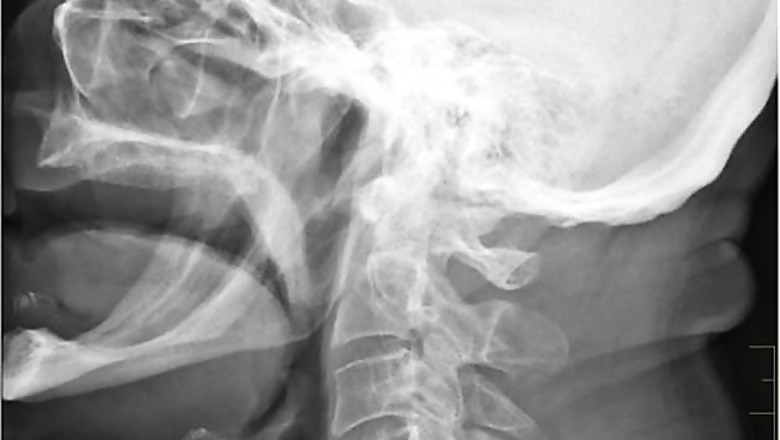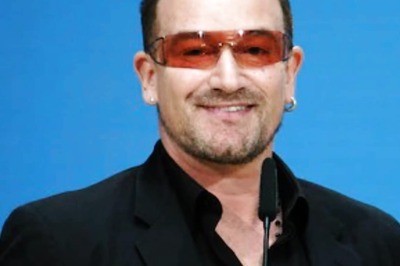
views
Washington: Researchers have developed a cellphone-sized, portable device that could help people who stutter speak more fluently. The device created by researchers from the University of Mississippi is battery-powered and easy to use. The team began working on the device after Greg Snyder, associate professor of communications sciences and disorders, and himself a lifelong stutterer, demonstrated how he could speak much more fluently simply by feeling his throat.
"By feeling my throat vibrate when I speak, I get tactile speech feedback, which significantly reduces my stuttering," Snyder said. While the device does not cure stuttering, it helps the user reduce his or her stuttering frequency and can improve the user's quality of life, Snyder added. "Our device is portable, battery-powered and easy to use," said Paul Goggans, lead partner in the instrument's design and fabrication.
"These are important attributes because other behavioural treatments for stuttering are more intense; they require too much concentration and are exhausting," Goggans said. Even after a long day of speech therapy, a stutterer might have no progress to show the next day, but the patient is tired because he or she worked so hard, Goggans said. "This creation is offering a promising alternative that can be discreetly and easily used every day by adults," he said in a statement.
The patent rights to the device have been licensed to Hyperion Technology Group Inc of Tupelo. "The stigma surrounding stuttering is overwhelming and cruel," Snyder said. "For any number of reasons, I was able to successfully emerge from the challenges of stuttering and have stayed focused on finding a new and better treatment for others. It just makes sense to me that if we can wear prosthetics like eyeglasses to help with our vision and hearing aids to enhance our hearing, then why not a prosthetic to help with speech?" Snyder added.
A prototype of the device was presented at the 2012 Society of Neuroscience conference in New Orleans.

















Comments
0 comment